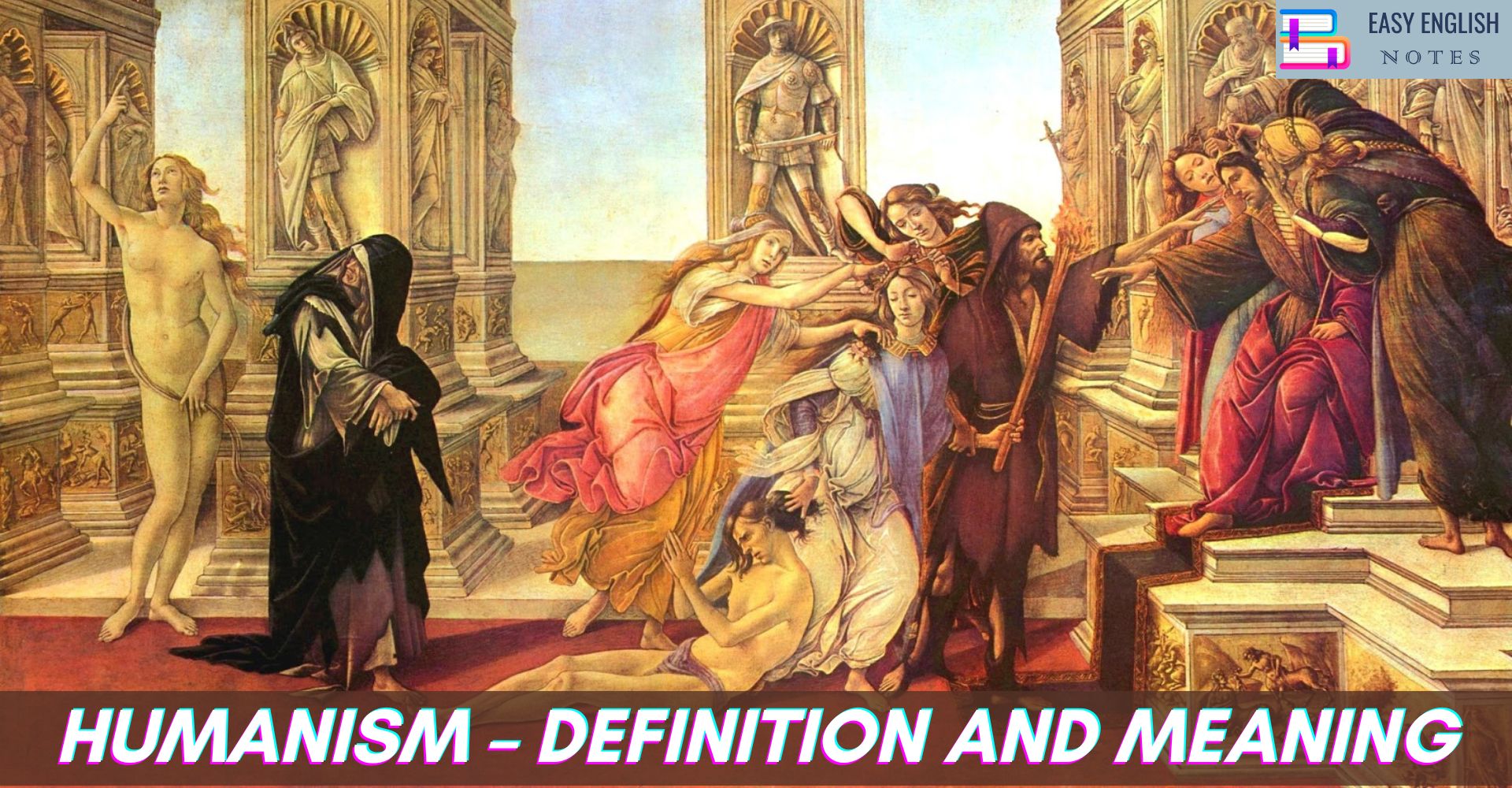In the broadest sense, any system of thought or action devoted to human interests (especially to the elevation of human values and dignity) rather than to religious ideals or to the animal world. In a stricter sense, humanism refers to the involvement in those studies that deal with the language, life, literature, or thought of ancient Greece and Rome.
Historically, the term humanism is used to designate the “rebirth” of classical literature and thought that began in Italy during the fourteenth century and that lay at the heart of the Renaissance. Renaissance humanists rediscovered Greek and Roman poets, philosophers, and historians and embraced their belief in the essential dignity, worth, and potential of human- kind and in the importance of the present life. These views sharply opposed the medieval conception of humankind as essentially wicked, worthless, and doomed to perdition, a conception that emphasized the importance of the life hereafter.
Also Read :
- Compare Hamlet with Macbeth, Othello and other Tragedies
- “The Pardoner’s Tale” is the finest tale of Chaucer
- Prologue to Canterbury Tales – (Short Ques & Ans)
Some Renaissance humanists, in their zeal to break away from medieval attitudes (especially spiritual subservience to the Church), stressed the secular to the detriment of the religious. Others, notably Erasmus and John Milton, seeing the rational wisdom of antiquity as a complement to revelation, fused humanism with Christianity.
Renaissance humanism exerted a powerful influence on literature. It resurrected important ideas from classical criticism and in doing so, stimulated the re-examination of the principles and practices of art. By advocating imitation of the Classics it nurtured grace, restraint, and form in vernacular literature and introduced writers to the incidents and characters of classical mythology, leading directly to Neoclassicism.
PLEASE HELP ME TO REACH 1000 SUBSCRIBER ON MY COOKING YT CHANNEL (CLICK HERE)











